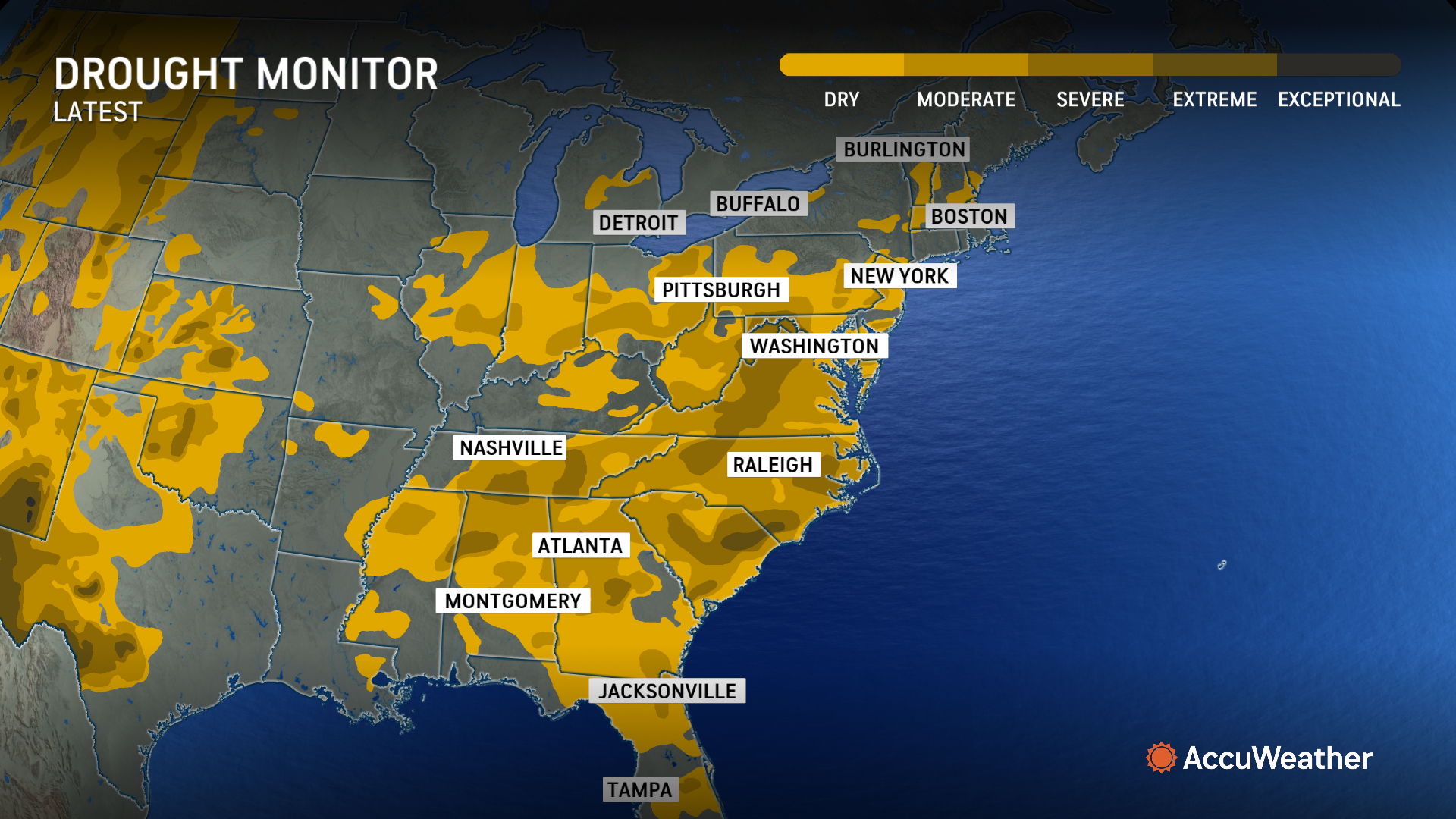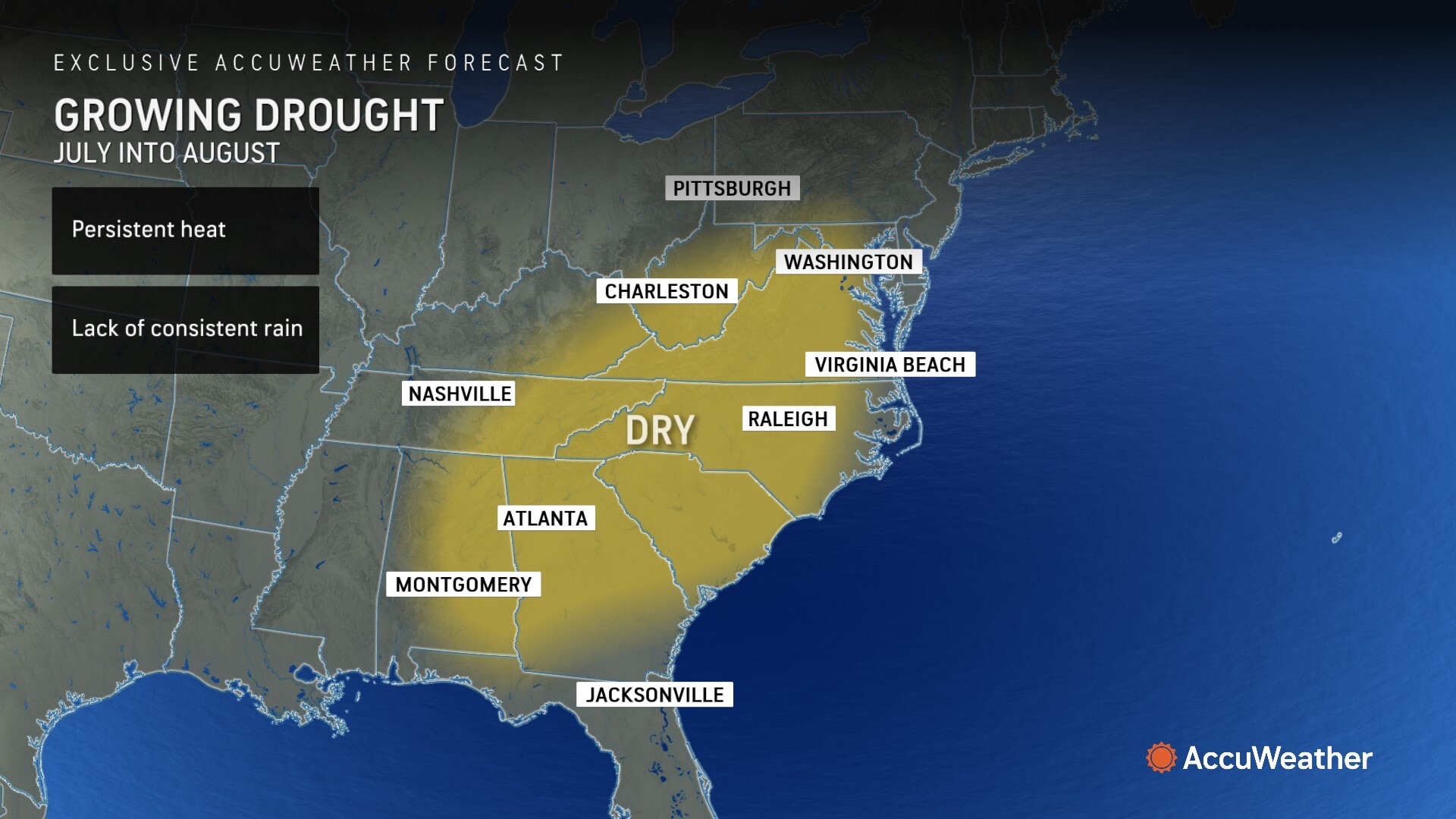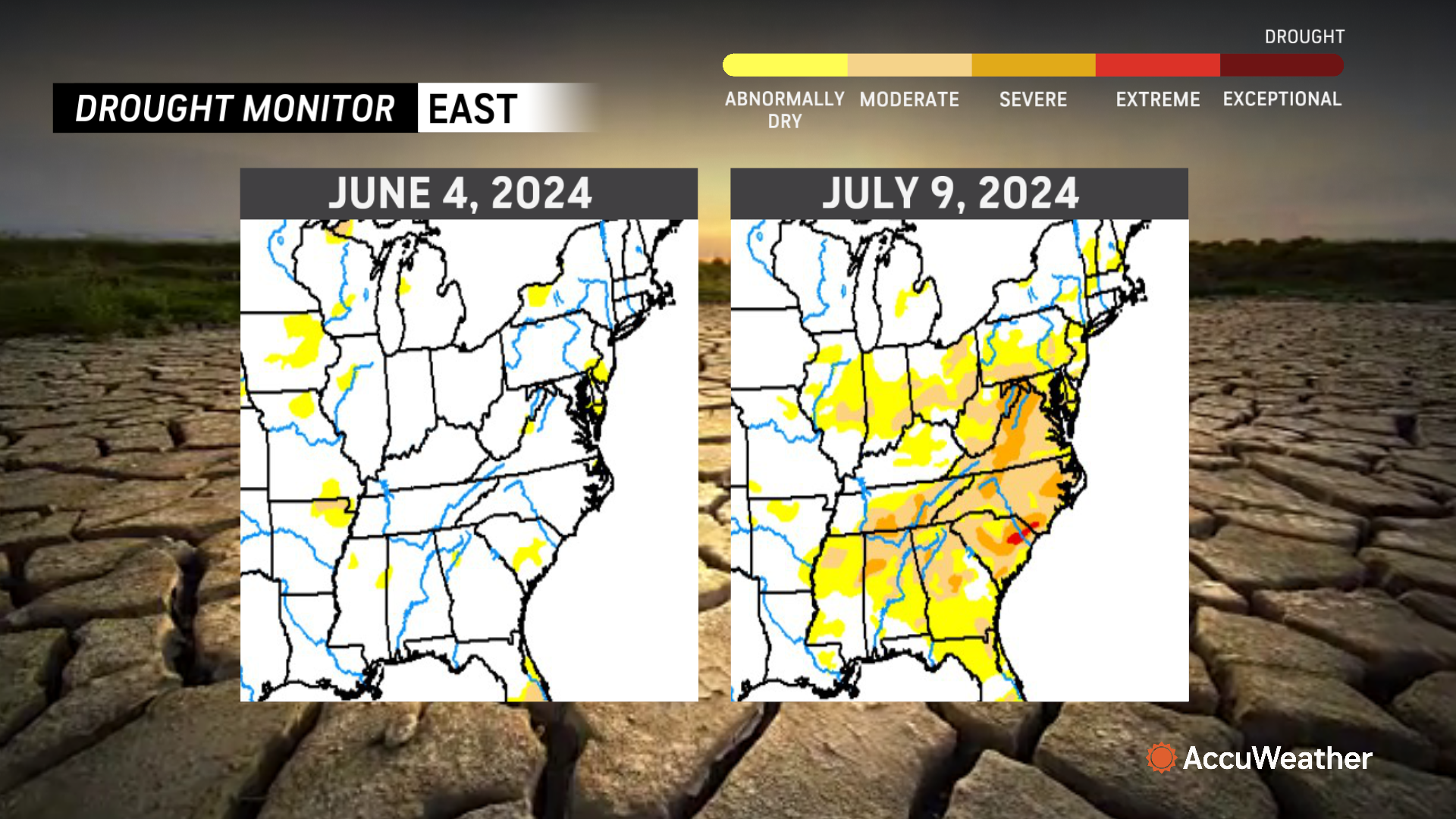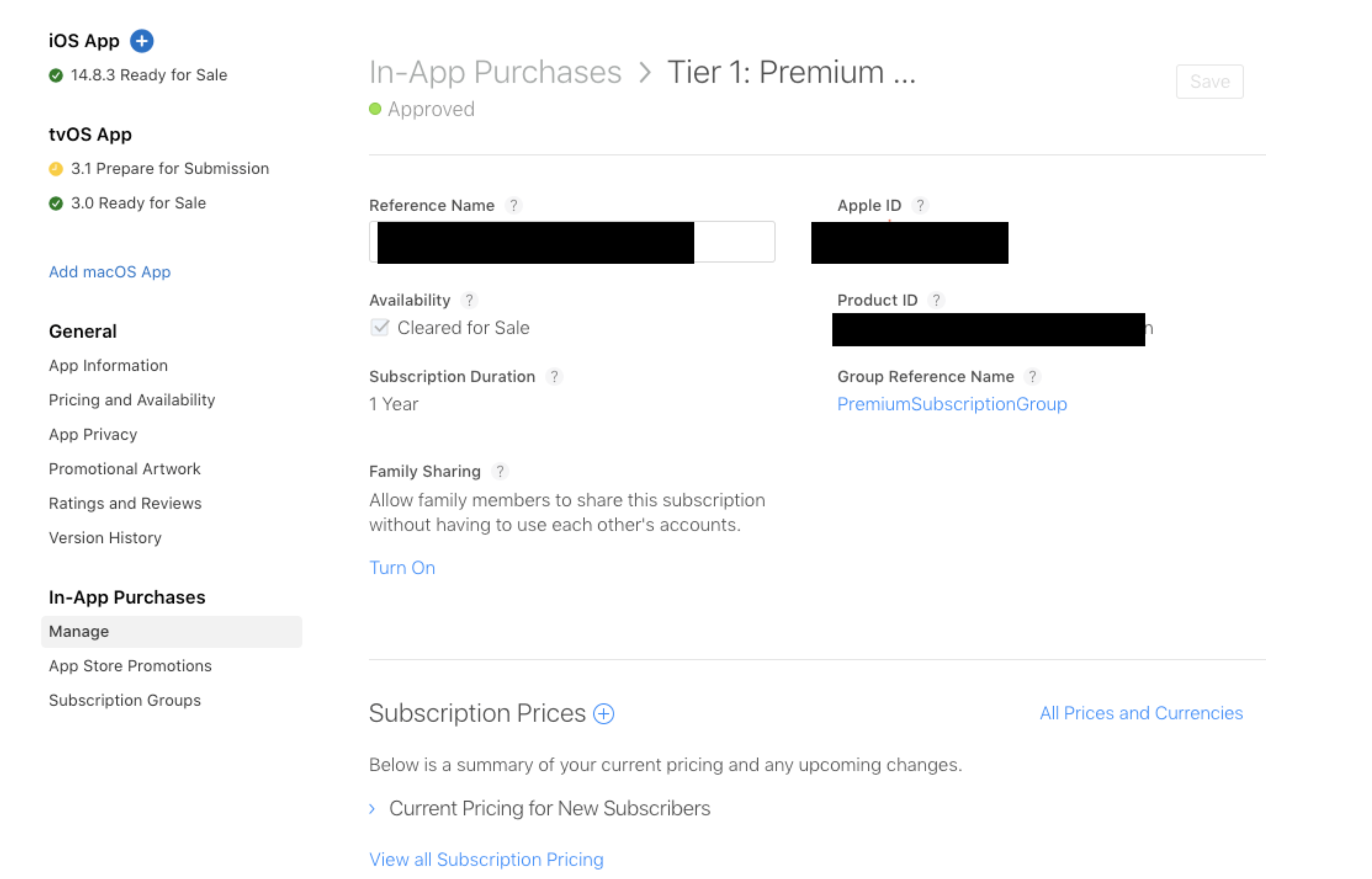AccuWeather meteorologists are available 24/7 to provide further insights and updates on evolving weather conditions. Please contact pr@accuweather.com during regular business hours, or support@accuweather.com or call AccuWeather’s Media Hotline at (814)-235-8710 at any time to arrange interviews with AccuWeather experts or to request the most updated graphics for print or broadcast.
Flash drought intensifies in the mid-Atlantic during scorching summer heat
July 16, 2024
> Severe and extreme drought conditions have developed in areas baked by
intense heat
> Rainfall in recent weeks is well below the historical average in parts of
Virginia and the Carolinas
> Drought could extend into the fall unless substantial rainfall arrives from
a tropical system
AccuWeather Global Weather Center – July 16, 2024
Following weeks of intense summer heat and little rainfall, AccuWeather expert meteorologists say a flash drought has developed and intensified in a region stretching from the Carolinas to Pennsylvania.
“Severe and extreme drought conditions have developed in the Carolinas. The lack of rainfall combined with relentless, widespread heat have really dried this area out,” said AccuWeather Chief On-Air Meteorologist Bernie Rayno. “Drought has expanded across much of the Southeast. We could really use some rain.”
A flash drought is described as the sudden arrival of drought conditions that are “set in motion by “lower-than-normal rates of precipitation, accompanied by abnormally high temperatures, winds, and [solar] radiation."
Unlike long-lasting droughts, similar to the ones observed across the western United States in recent years, flash droughts are often short-term in nature and can disappear as quickly as they arrive. Although they can be brief, flash droughts can create major and long-lasting impacts.
With effects most notable in the top layers of the soil, impacts range from dried, burned-out lawns to low flows on smaller creeks and streams, as well as detrimental effects on agriculture and crop yields.
Other complications related to flash droughts include the necessity for municipalities to enact water-use restrictions, ban burns, and issue warnings about the use of fireworks.
How this flash drought developed
AccuWeather expert meteorologists say a sudden rise in temperatures and lack of rainfall led to the flash drought in the mid-Atlantic.
The U.S. Drought Monitor, which tracks the drought status across the United States via weekly updates, reported very few areas in the mid-Atlantic with abnormally dry conditions in early June, following a spring with near to above-historical average precipitation.
The situation changed in mid-June when an area of high pressure parked itself over the Southeast and mid-Atlantic, creating a prolonged heat wave that sent temperatures soaring into the 90s. The high-pressure area also prevented rain and thunderstorms from reaching the region and redirected storms to the north across the Great Lakes and New England, or to the south over the southeast Gulf Coast and Florida.
Relentless and intense sunshine also boosted the development of the flash drought. The sun’s rays are strongest around the summer solstice in this part of the world, which increases evaporation rates and eliminates most of the moisture stored in the top layers of soil.
The U.S. Drought Monitor confirmed the development of a flash drought within five weeks. Pockets of Virginia and the Carolinas have been hit the hardest with areas of severe and extreme drought conditions.
Areas of severe drought have also been reported in parts of Alabama, Georgia, Maryland, Mississippi, Pennsylvania, Tennessee and West Virginia.
Less than 25 percent of the historical average rainfall during the month of June was reported in an area stretching from central North Carolina to the Washington, D.C., region.
One of the cities hit hardest by the flash drought is Lynchburg, Virginia. Only 0.04 of an inch of rainfall was reported in June, compared to the historical average of 3.82 inches of rain.
Fallout from a flash drought
The lack of rainfall and summer heat can lead to millions of dollars in economic damage and losses, with farms feeling the worst impacts.
"It has been a rough stretch for major crops such as corn, soybeans, and cotton," said AccuWeather Senior Meteorologist and Agriculture Expert Dale Mohler. "Corn has been hit the hardest as it's in the pollination period now, and that's when water needs are the greatest. There will be significant corn yield losses that cannot be reversed."
A widespread flash drought that developed in the central U.S. in the summer of 2012 caused an estimated $30 billion in damage and losses, according to federal officials.
Is there any relief in sight?
AccuWeather Lead Long-Range Expert Paul Pastelok says opportunities for rain and thunderstorms are on the horizon, but not all areas experiencing flash drought will see beneficial rainfall.
“Drought levels should not worsen this week, as some rainfall is expected. However, the amount of rain will not be enough to break the drought,” said Pastelok.
Some rain was reported in parts of the eastern Carolinas, the Delmarva area, and the Delaware Valley of Pennsylvania in recent days, but it was not nearly enough to end the drought.
Due to the likelihood of additional heat waves through August, the flash drought could stick around for many in the mid-Atlantic this summer.
"While we are expecting an increase in rain over the next several weeks, there will still be some heat at times," said Mohler. "Soybean and cotton crops can recover better than corn, assuming the rain shows up."
Peaches are currently in season. Mohler expects some peach crops to be hit hard by the flash drought and expects other fruit crops in the region to be smaller than usual when they are harvested this fall.
Pastelok said a tropical system is likely the only way that this region will see the kind of widespread, soaking rain needed to reverse the flash drought in the coming weeks. The trade-off for beneficial rainfall from a tropical storm or hurricane is the risk of damaging winds, drenching rainfall that could create flash flooding and dangerous impacts at the coast.
“This area will be in search of assistance from the tropics in August to break the drought,” said Pastelok. “If that does not come, the drought will hold the rest of the summer into the early fall, based on the forecast pattern.”
AccuWeather Long-Range Experts issued the AccuWeather 2024 U.S. Summer Forecast in May, accurately predicting that temperatures would climb above the historical average in the region where the flash drought developed.
AccuWeather Forecast Graphics



Additional AccuWeather Resources:
















